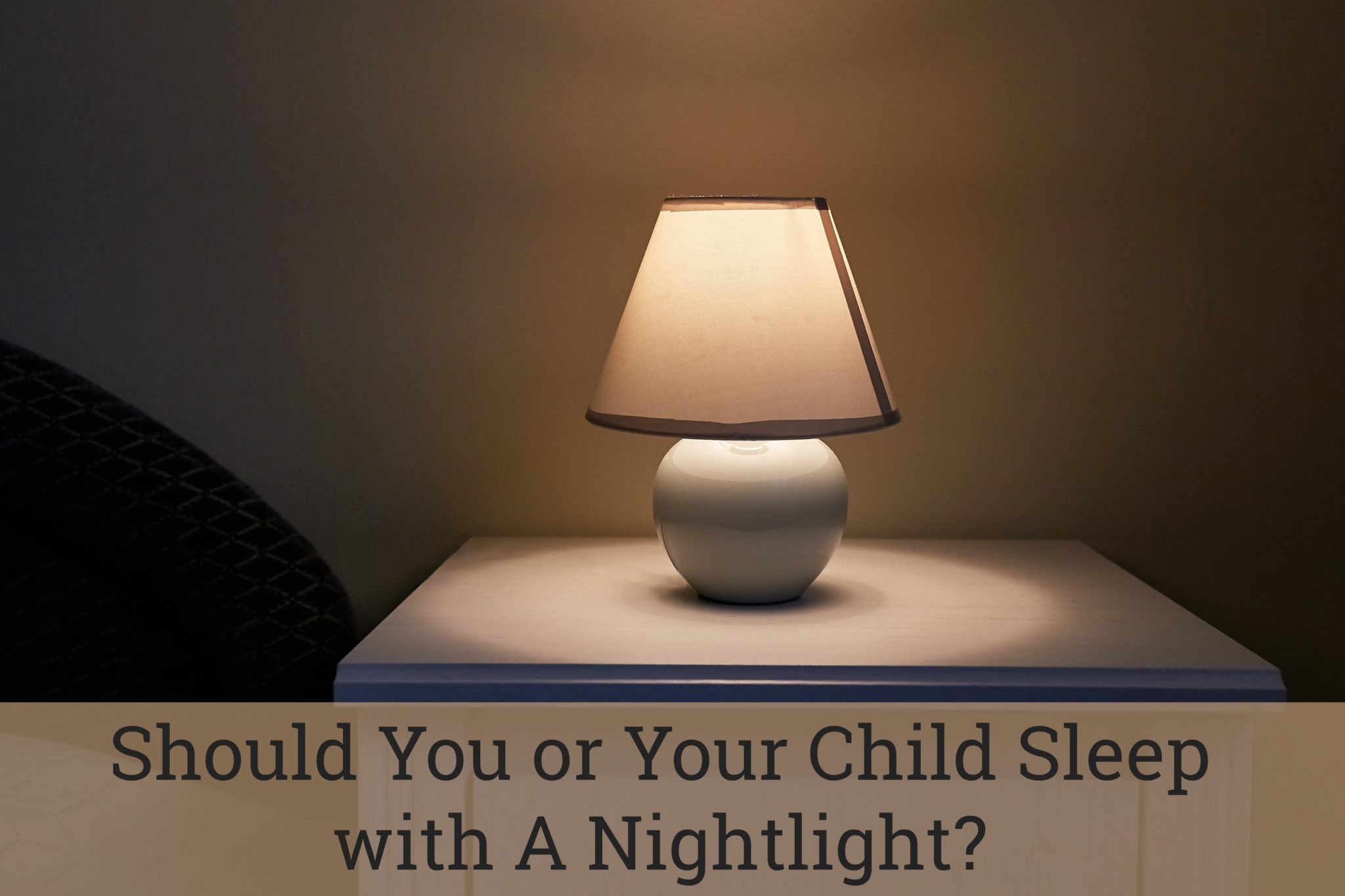In March of 2018, the American Journal of Epidemiology published a study showing that when you sleep at night, even the slightest exposure to light can increase the risk of depressive symptoms. This was true even in lighting as low as 5 lux. (Light a candle in the dark and stand five feet away, that is what 5 lux looks like.)
The study was performed on elderly adults averaging an age of 71 years, as they are most likely to turn lights on in the night to use the bathroom or have nightlights in their homes to prevent falling if they get up. While not directly studied, the researchers were concerned that their findings could impact children similarly, if not worse. A child’s and even a teenager’s eyes are more sensitive to light than the ages studied. It was noted in the study that the capacity for light reception of a 70-year-old is one-fifth of that of a teenager.
The study did not establish cause and effect, so light exposure may not have been the only reason for the increase of depressive symptoms in the patients. It was, however, a prominent factor. A study published in 2010 had already proven that light exposure suppresses melatonin production in the body. And it has been shown that light at night can throw your circadian rhythm off balance. With all this information, it is probably wise to remove as many sources of light as you can when you or your child are sleeping.

3 tips to limit light exposure and get the restful sleep you need:
- Block out both ambient and direct light. Remove or shut off all light sources in your room and block out any light that may come in from outdoors. Blackout curtains are a great investment towards achieving restful sleep. If you must keep a nightlight in the bathroom for any reason, keep the door closed so that light cannot escape into your room, and keep the brightness of the bulb as low as possible.
- No blue light within an hour of bedtime. The blue light from televisions, phones, and other electronic devices delays your bodies release of melatonin, which makes it more difficult to fall asleep. It is best to avoid these for at least an hour before bed, two hours is even better. If you or your child share a room with another person, keep in mind that the light is also disturbing their quality of sleep. So, do your best to keep blue light out of the bedroom.
- Don’t turn on the lights! If you wake at night, try your best to avoid turning on or looking at any kind of light. Darkness supports sleep, so try and keep it dark until you are ready to get out of bed.
Don’t let a nightlight disrupt your sleep and get you down! Sleep is a fundamental tool when it comes to living a healthy and productive life. If you keep it dark and still struggle to get the quality rest you need, you could benefit from a consultation with Valley Sleep Center. Call 480.830.3900 to schedule an appointment at one of our five Valley locations today.

